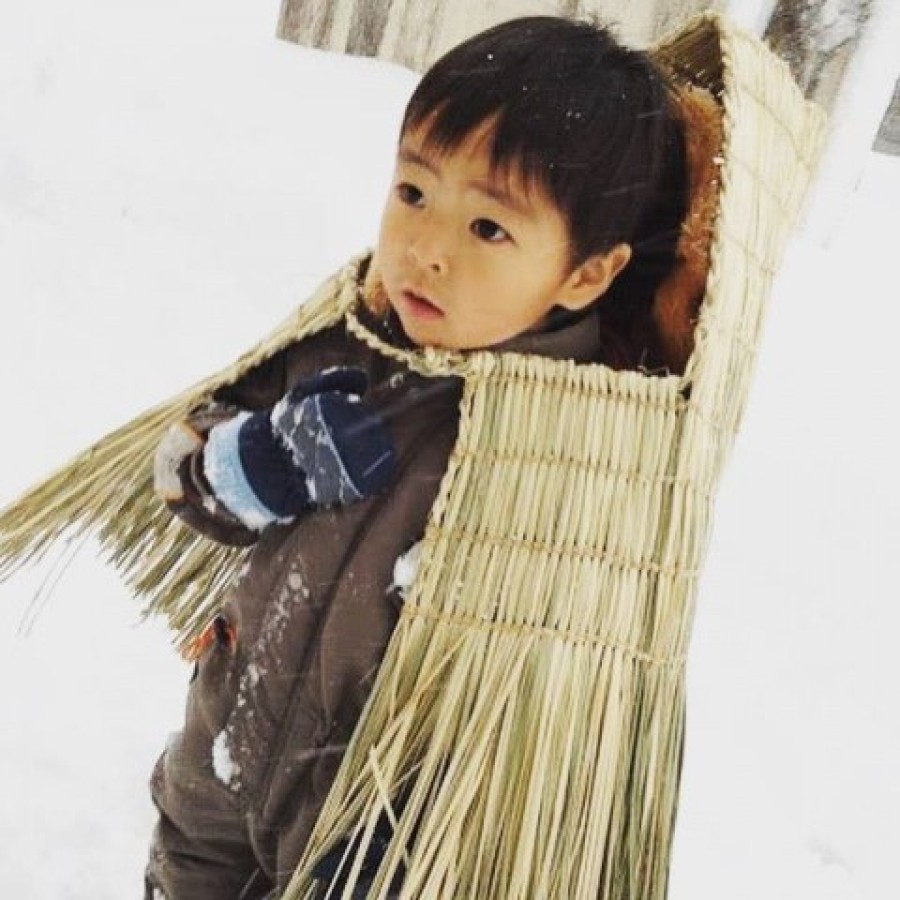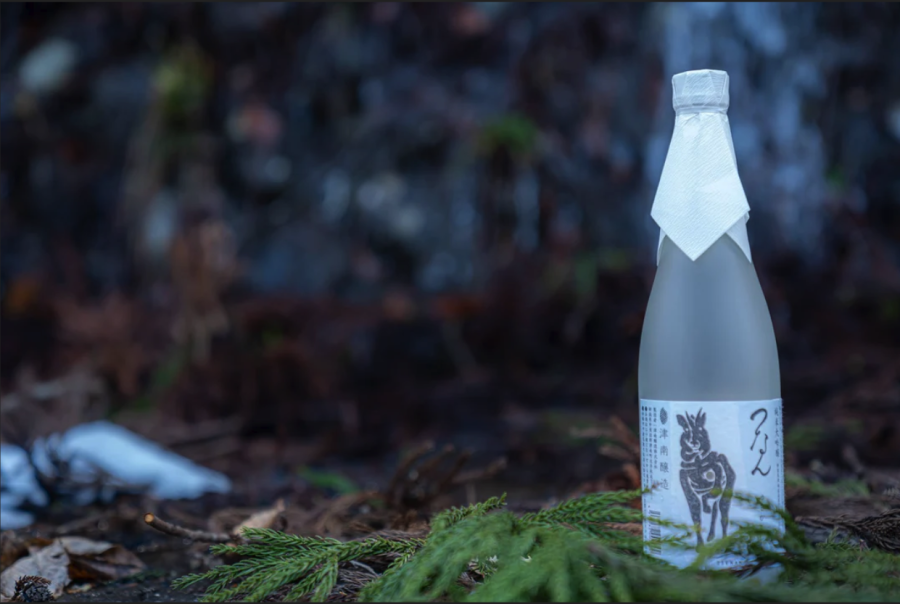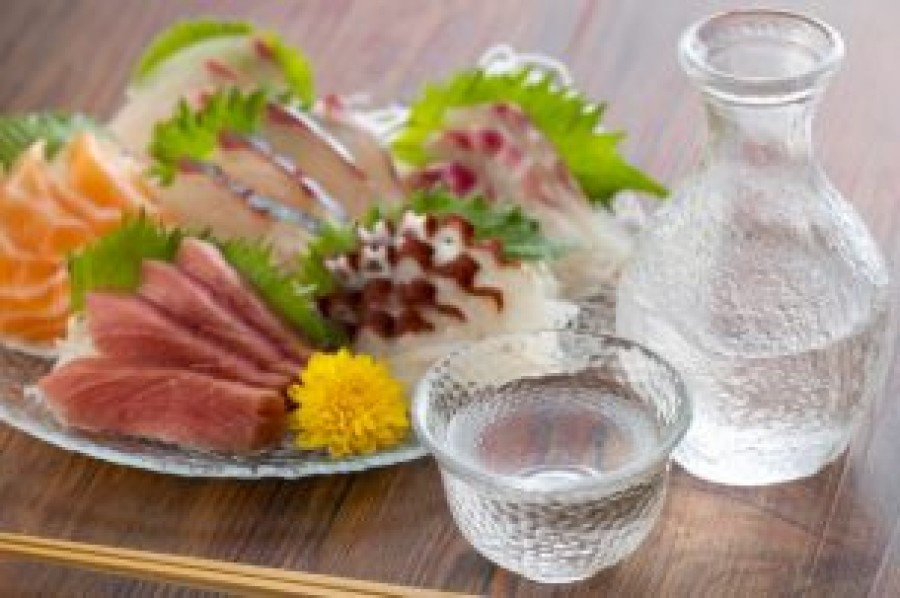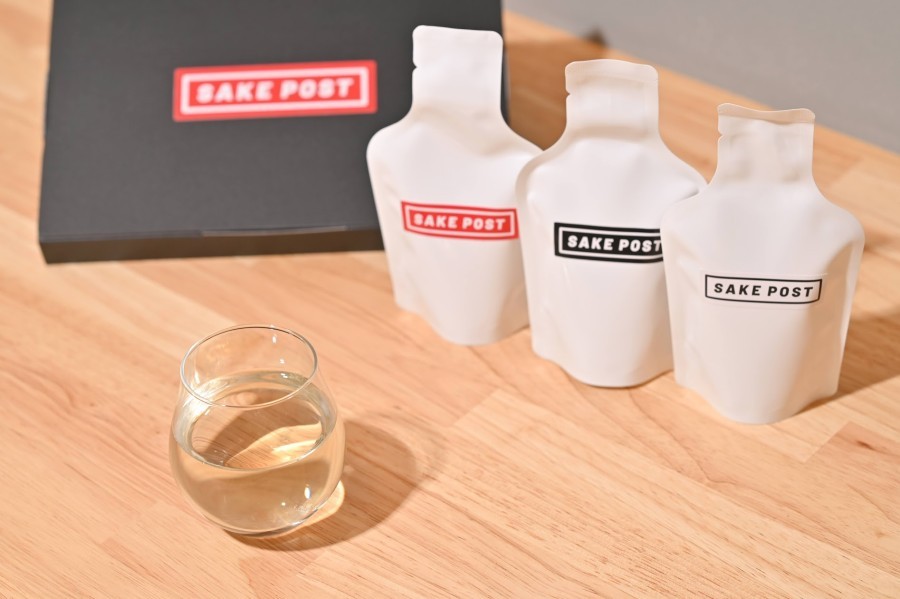In a previous edition of this blog, we reported on a case in which an accounting firm changed its trade name due to trademark problems.
↑↑↑ is a Japanese case, but by far the most trademark-related problems occur in foreign countries. The country with the most cases is already China by a long shot. As you have probably read in the news, there have been many cases in China where big names such as MUJI, Isami, Imabari Towel and Crayon Shinchan have been registered as trademarks by completely unrelated parties without permission. If your trademark is registered by someone else, not only can you not use it in China, even if it is your own trademark, but it will also cost you a lot of money, time and effort to resolve the issue. Super unreasonable, isn't it? But that is the reality.
When I researched cases of trademark trouble some time ago, what a surprise! I found an article about the Niigata rice brand Koshihikari, which is well known to all Japanese people, being involved in trademark trouble in China. I am ashamed to say that I was totally unaware of this case.
I'm from Niigata Prefecture. My family was a farmer!
As a resident of Niigata Prefecture, this is an issue I cannot leave behind, and also because the original article was a little old, so I looked into what is happening now (as of February 2022).
Incidentally, the original article can be found here, January 2009.
In China, even foreign brands with alphabetical names are usually represented by Chinese characters.
For example, "Coca-Cola → 可口可楽" and "Starbucks → 星巴克" are concrete examples.
How about 'Koshihikari ', which is 'Koshikari '? It is exactly as it is.
What happens when you search for 'Yue Guang' in the Chinese Trademark Office database...
It looks like this.
This is part of the search results from the Chinese Trademark Office database (searched on 2 February 2022), which shows that a significant number of trademarks consisting of the characters "Yue Guang" have been registered. There are also a number of combined trademarks with other characters attached to "Yue Guang".
The important part of this is the registration for the product "rice", which is here ↓↓↓↓.
The inability to use 'Koshihikari' in China is considered to be a major blow to the sale of Koshihikari. Although it should be possible to take appropriate measures to enable the use of 'Koshihikari', such as, for example, trial for cancellation of non-use or negotiation of assignment, at the time of writing this blog, it appears that no action has been taken.
Is this what you want, Koshihikari?
You have to fight to get back the rights that have been taken by others! IP is a battle!
If you want to use the 'Yue Guang' brand in China, you need to take action to do so.
The fact of the matter is that crying yourself to sleep will not improve the situation at all. This is even more so in foreign countries.
Just who has registered the trademark rights for Koshihikari in Japan? I did a little research to find out, but it seems that nobody owns the trademark rights in Japan. Has it become a common name? It may indeed be a trademark that no one in particular is comfortable with monopolising in Japan. It doesn't mean that rice brands can't be registered as trademarks. For example, "Shinnosuke" was registered as a trademark by Niigata Prefecture.
advertisement






